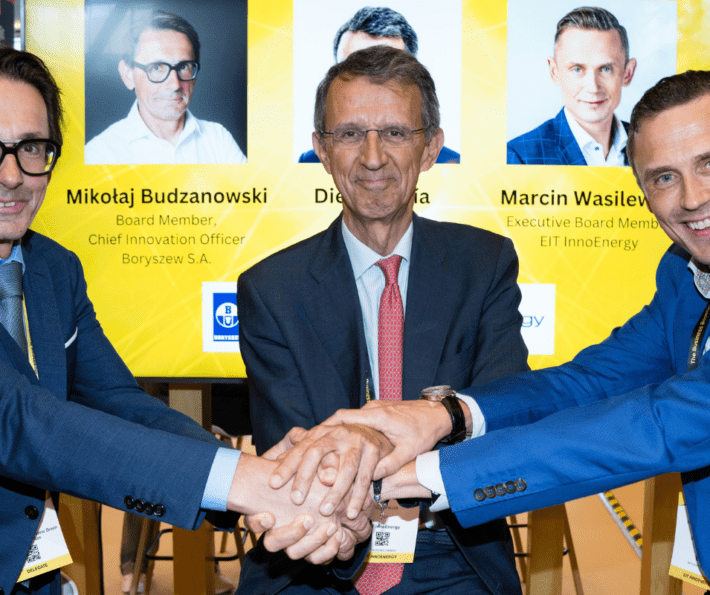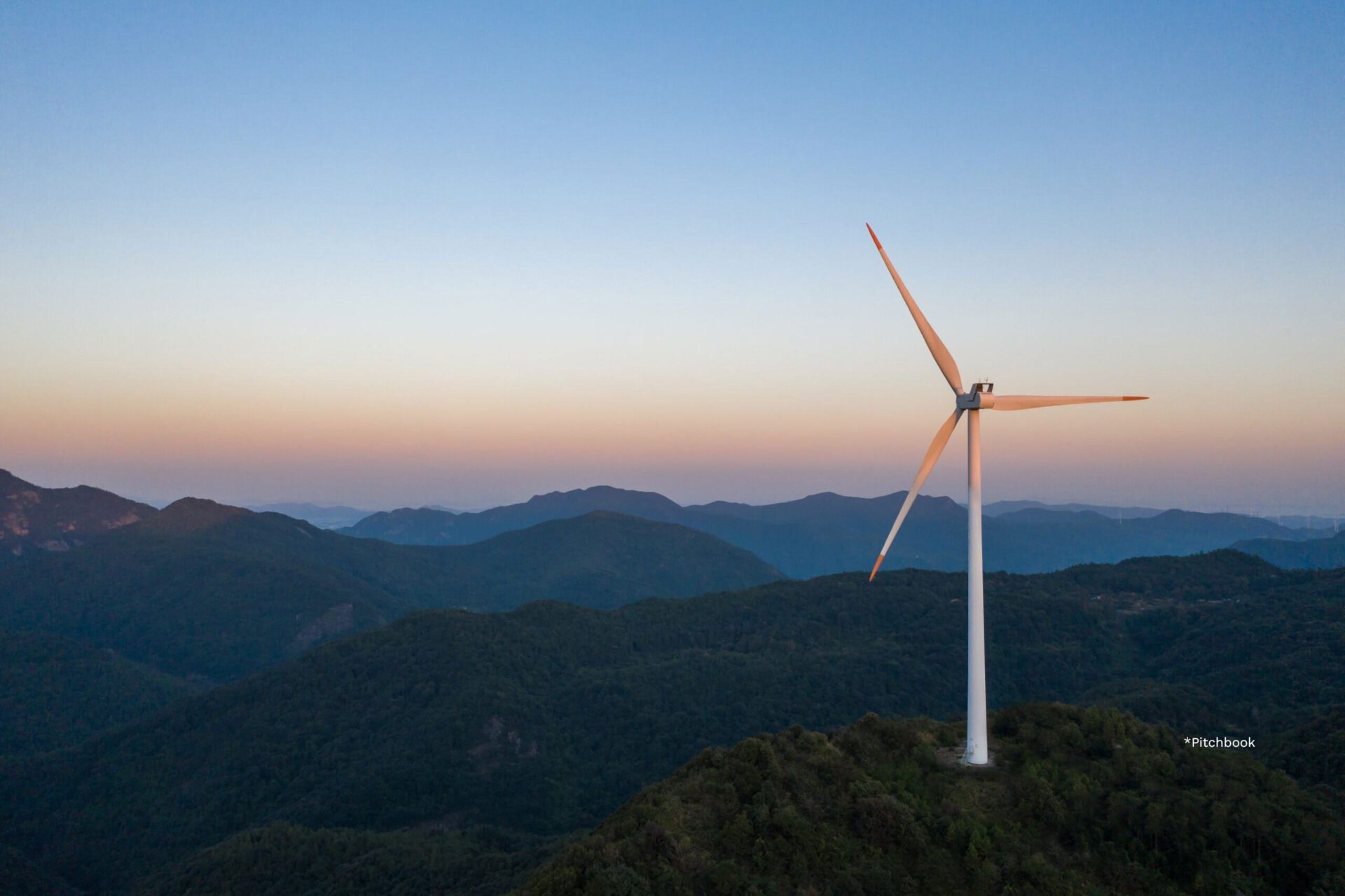
News and resources
All news and resources of our ecosystem
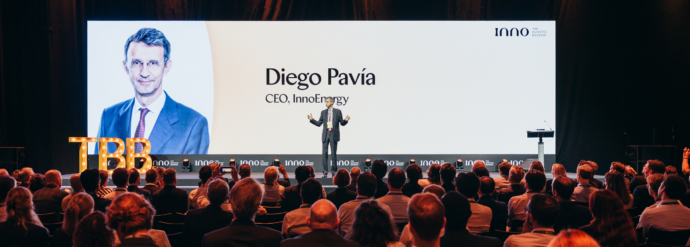
Clean industrial electrification: Powering our planet, our economy, and our security
Reports Dec 18, 2025
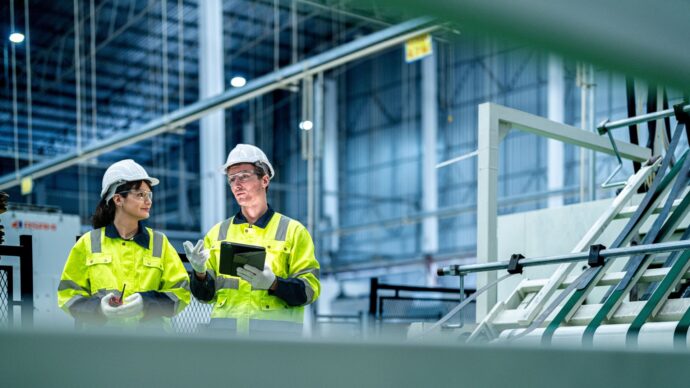
The New Clean Tech Skillset: How Workers Can Stay Relevant in Interconnected Value Chains
Insights Dec 17, 2025

BIOGENIC CCU IN EUROPE: FROM EMISSIONS TO INVESTMENTS – MADRID FEB 19
Events Dec 16, 2025

BIOGENIC CCU IN EUROPE: FROM EMISSIONS TO INVESTMENTS – Paris FEB 10
Events Dec 12, 2025
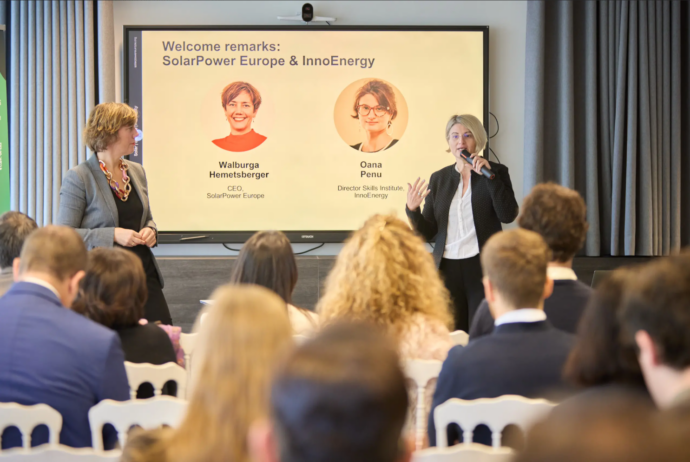
Five Essential Lessons for Building Europe’s Solar Workforce
Events Dec 10, 2025
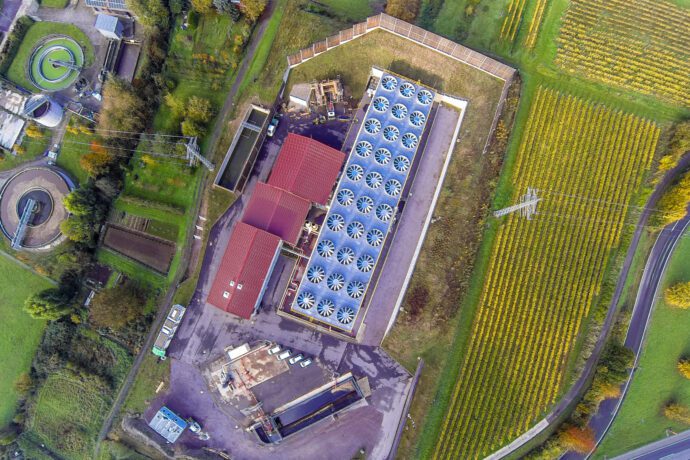
InnoEnergy portfolio Vulcan reaches landmark FID for Lionheart project
News Dec 8, 2025

